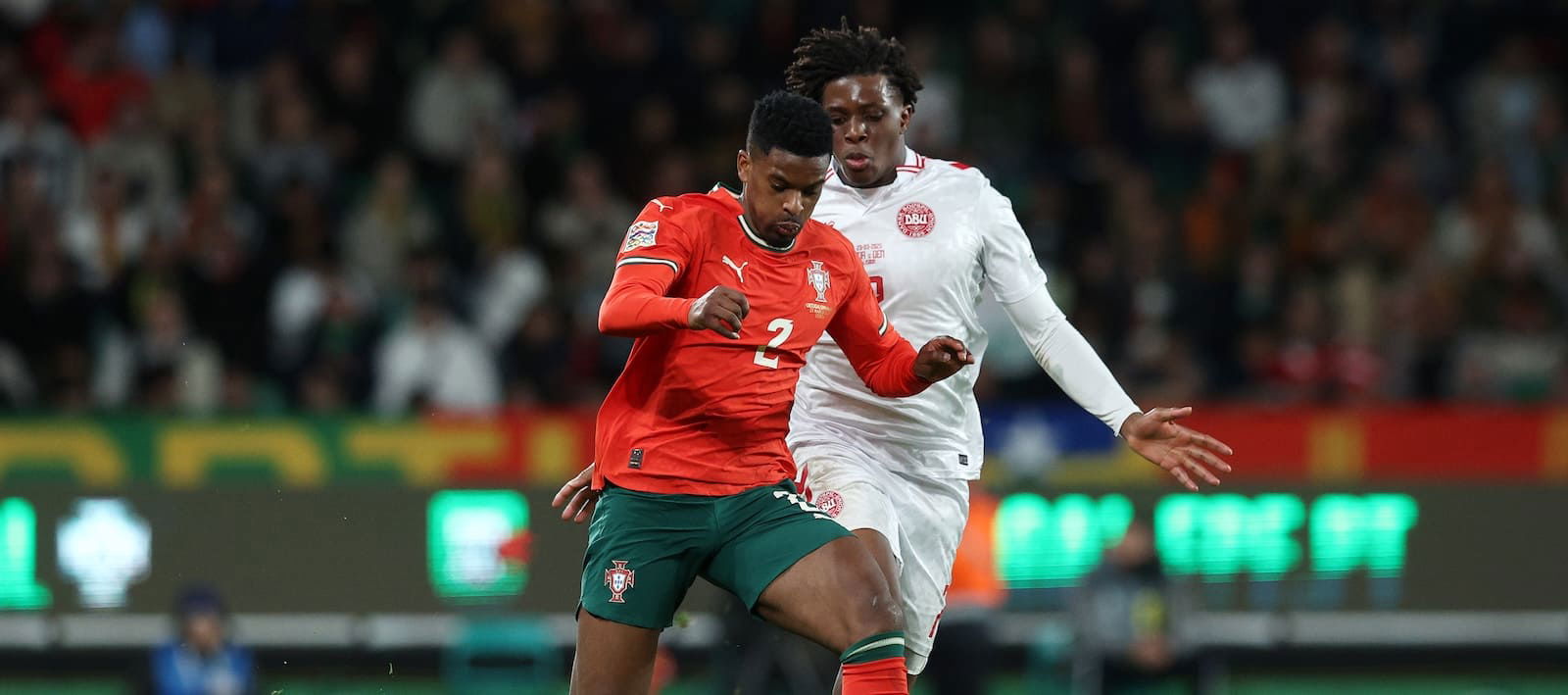Unlock the Editor’s Digest for free
Roula Khalaf, Editor of the FT, selects her favourite stories in this weekly newsletter.
McDonald’s suffered a second consecutive fall in sales in the third quarter, as it struggled with weak consumer demand in international markets such as France, the UK, the Middle East and China.
The fast-food chain on Tuesday reported global comparable sales slid 1.5 per cent year on year, more than the 0.6 per cent decrease estimated in a Visible Alpha survey of analysts.
The decline was McDonald’s first back-to-back fall in sales since the Covid-19 pandemic in 2020, following a 1 per cent slide in the second quarter, as the chain fights to win back business from customers strained by years of food inflation, especially those from lower-income households.
Revenue in the third quarter rose 3 per cent to $6.9bn, beating the consensus forecast of $6.8bn. However, net profit fell 3 per cent to $2.26bn, slightly below estimates of $2.3bn.
After years of food inflation, consumers are balking at the cost of burgers, fries and soft drinks. Chris Kempczinski, chief executive, said McDonald’s was long viewed as a leader in affordable food, “but our value leadership gap has shrunk.”
In response, McDonald’s had launched deals such as €4 Happy Meals in France, “three for £3” meal bundles in the UK and C$1 coffee in Canada, Kempczinski said.
In the US, McDonald’s has extended a $5 meal deal introduced during the summer. There are signs that promotional activity has been working: comparable sales at McDonald’s roughly 13,500 US restaurants rebounded after a dip in the second quarter, rising by 0.3 per cent.
Despite the pick-up in American sales, hopes for a revival have been overshadowed by an outbreak of E. coli linked to onions used on Quarter Pounder hamburgers in parts of the central US. The outbreak has led to more than 70 cases of illness and one death since it was announced a week ago.
McDonald’s is resuming sales of Quarter Pounders in the region this week after health authorities and the company traced the contamination to a single vegetable processor in Colorado. McDonald’s has stopped buying onions from the supplier.
Ian Borden, chief financial officer, told analysts the incident was unlikely to have a material impact on the company’s financial outlook this year, but he noted that US sales and foot traffic have declined since the incident.
“We certainly believe the most significant events are behind us, and the work to do right now is focused on restoring consumer confidence,” Borden said. McDonald’s shares were unchanged at midday on Tuesday.
Global comparable sales encompass restaurants open for at least 13 months in both the US and foreign markets. In McDonald’s international markets where it operates and franchises restaurants, comparable sales dropped 2.1 per cent, “driven by France and the UK”, it said.
Comparable sales in international licensed markets fell 3.5 per cent. McDonald’s cited the effects of the war in the Middle East and weaker sales in China, even as its Latin American business grew.
McDonald’s in August started offering sets of collectible cups in more than 30 countries, which Bernstein Research said could lead to an increase in comparable sales. The company had 42,406 restaurants worldwide as of June, 95 per cent of them franchised.













